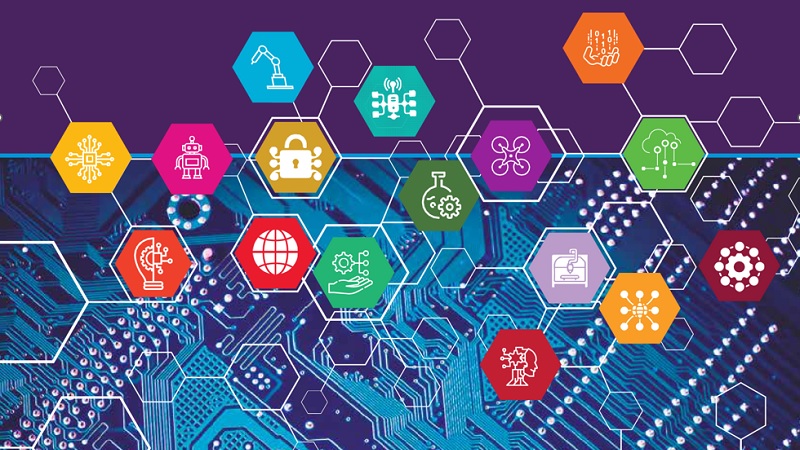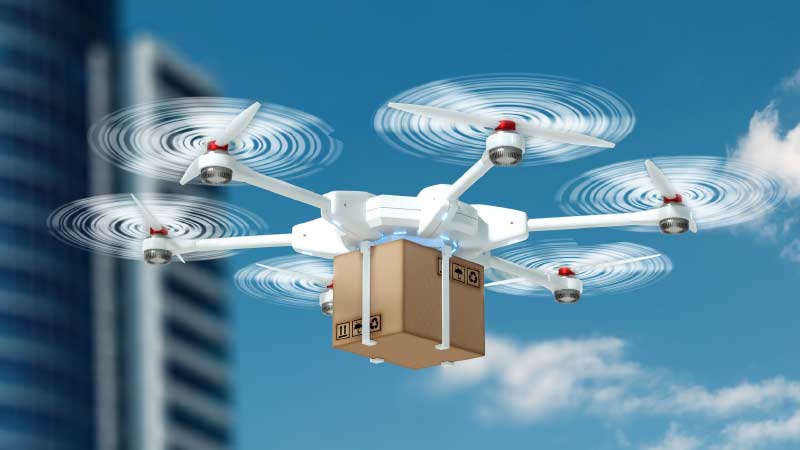Science, Technology and Innovation parks, incubators and accelerators are an important and practical element in improving a nation's technology and innovation performance. However, attempts at using STI parks to generate positive socio-economic outcomes often fail to deliver optimal results due to insufficient local capabilities for project design, implementation and/or management.
Objective:
This project sets out to strengthen these capacities in four developing countries through direct interaction among the most relevant policymakers and STI park managers from beneficiary countries and those that have achieved a good track record and good practice in similar developing country contexts.
The goal is to enable the flow of both systemic and tacit knowledge, the second often representing a key missing component, while ensuring that policy considerations take into consideration the entrepreneurial challenges and perspectives of women and youth.
Activities:
Identification of gaps related to the STI parks, intensive field learning courses in China, training workshops and multistakeholder workshops in beneficiary countries, implementation of action plans, development of STI twinning partnership, creation of a policy toolkit and policy briefs.
Intended Outcomes:
1) Improved capacity of selected beneficiary countries to design and implement policies to develop STI parks and to manage them in respect of policy coherence, financial sustainability, outreach, tenant-related matters, incubation, assessment of innovation outcomes.
2) Enhanced experience sharing and mutual learning between beneficiary countries and other developing countries in developing STI parks.
Link to the SDGs:
Goal 8-Target 8.2, Goal 9-Targets 9.b & 9.5, Goal 17-Target 17.6.
Monitoring and Evaluation:
UNCTAD will be responsible for monitoring day-to-day project activities as the implementing entity and will develop and submit to DESA progress reports every six months. In the final year of the project an independent external evaluation of the project will be carried out by an external evaluator (international consultant).
The independent evaluation will be managed by the UNCTAD Independent Evaluation Unit (IEU) and conducted in line with the UNCTAD evaluation policy as well as UNEG Norms and Standards.

Project Code
TMAGPartners
UNECA, UNESCAP, UN Resident Coordinator Offices in beneficiary countries, ChinaDonors
2030 Agenda for Sustainable Development Sub-Fund of the United Nations Peace and Development Trust Fund (UNPDF)Beneficiaries
Ghana, Mongolia, Mozambique, Uzbekistan.
Duration
2023-2026Budget
$ 1,014,360Contact
Project Leader: Ms. Liping Zhang liping.zhang@unctad.org
Related
Topic
 Science, technology and innovation
Science, technology and innovation



